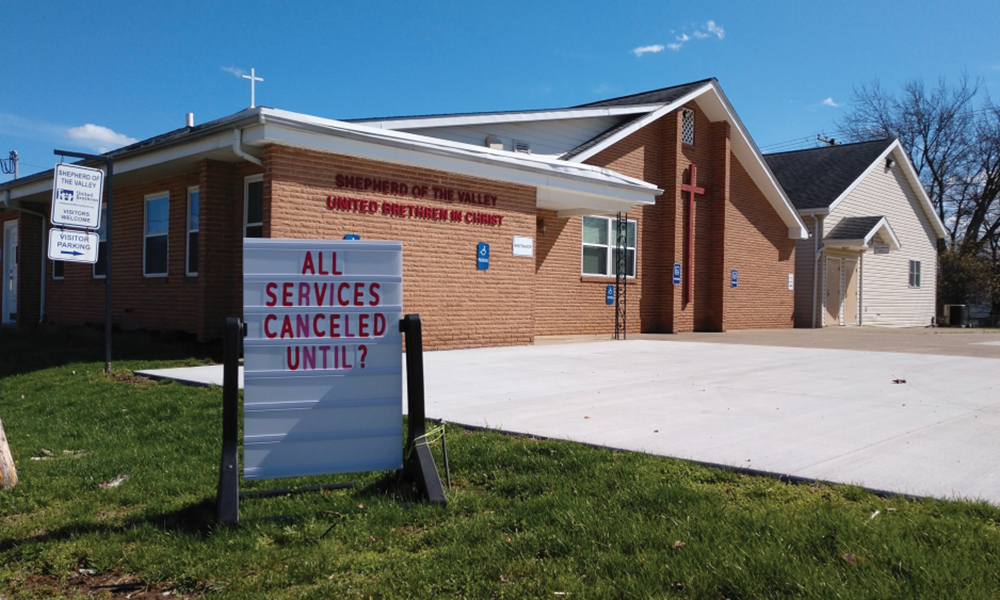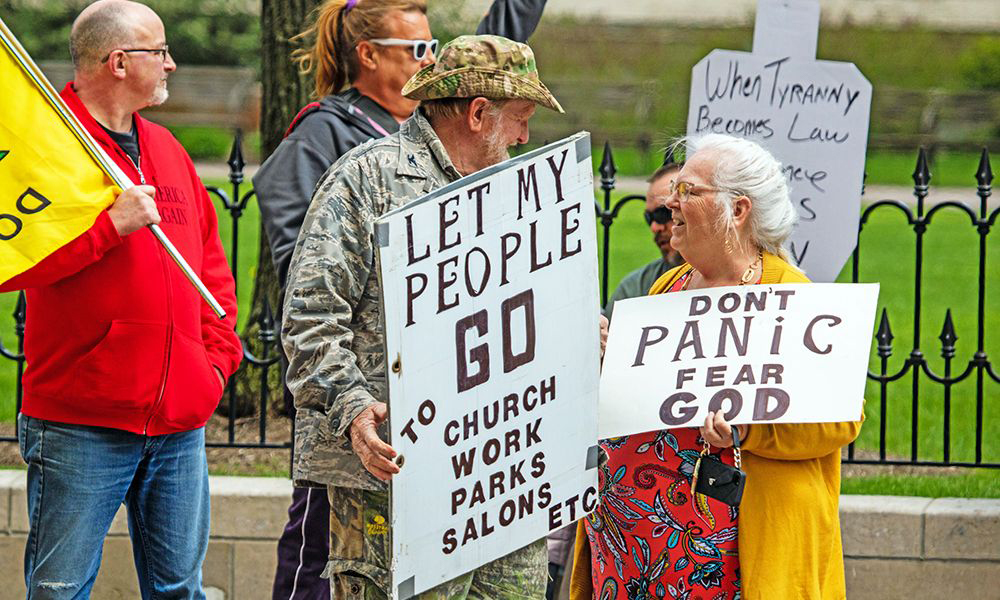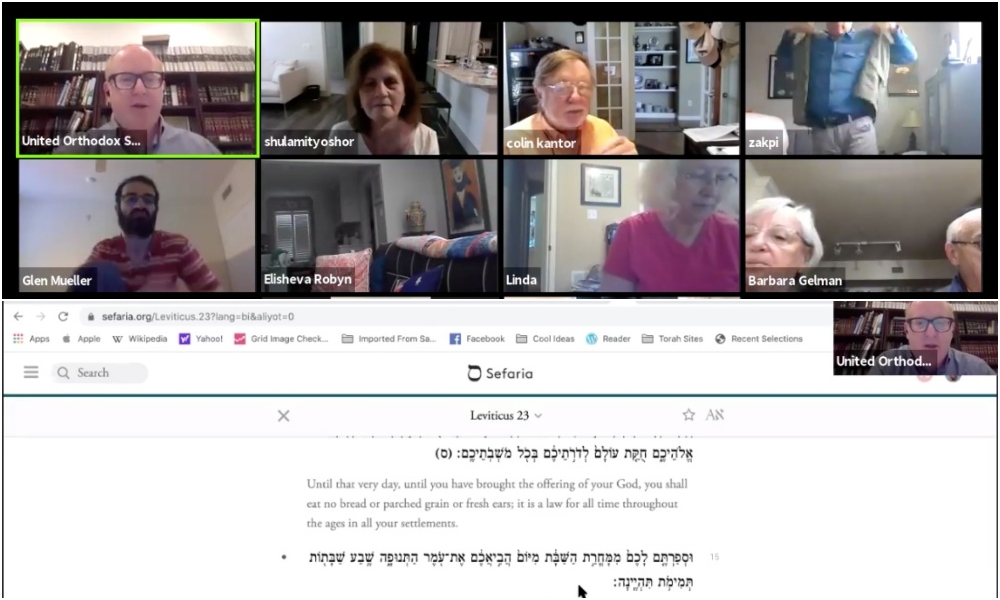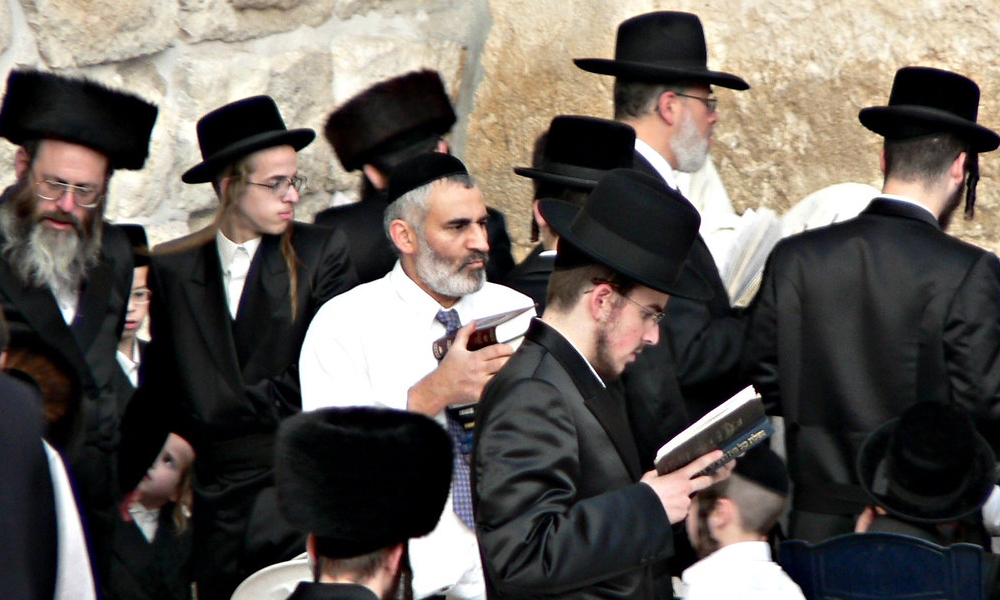The Jewish Snitch
by Sala Levin
Earlier this year, Nechemya Weberman, a member of the Hasidic Satmar community in New York, was sentenced to 103 years in prison for sexually abusing a young girl over the course of three years, beginning when she was 12. The case, needless to say, sparked an uproar within the community. Some were outraged over the 54-year-old Weberman’s behavior, but others were furious for a different reason—that he had been turned over to the police at all. Four men were arrested on charges of witness intimidation, after allegedly offering the girl, who later testified against Weberman, half a million dollars to drop the case and suggesting that she move to Israel. To some, the girl was a moser, a rabbinic term for a Jew who informs on another Jew.
Moser is not a term familiar to many outside close-knit ultra-Orthodox Jewish communities, which often choose to deal with offenses within the fold. This preference has a legal origin as well as a cultural one, stemming from a rabbinic prohibition on mesirah, meaning “delivery” or “handing over” in Hebrew. Rabbinic law mandates that a Jew may not report another Jew’s malfeasance to a secular government, even when the behavior in question violates both secular and Jewish law. Nor can a Jew abet the turning over of another Jew’s financial or physical property to the government. The laws of mesirah are based upon the (historically all-too-real) idea that Jews “sometimes live in barbaric places” where governments are hostile to Jews, says Michael Broyde, professor of law at Emory University and an Orthodox rabbi. As a result a person who violates the laws of mesirah—a moser—could place a Jew in danger of being tortured or even killed by a brutal government.
By placing a fellow Jew in mortal danger, a moser takes on the status of a rodef, literally a “pursuer,” or one who is chasing a victim with murderous intentions. An individual or community is permitted to stop a rodef by any means necessary—even if that means killing him before he has the chance to kill his intended victim. What’s more, no formal decree must be issued to declare someone a moser or a rodef, and anyone may take action against the deemed criminal. “If someone is running after somebody else to kill him, I don’t go to a bet din to ask them. I’ve got to stop him right there,” says Steven Resnicoff, professor of law and co-director of the Center for Jewish Law and Judaic Studies at DePaul University and an Orthodox rabbi.
This was an element of the defense made in 1995 by Yigal Amir, the religious extremist who assassinated Israeli prime minister Yitzhak Rabin. Amir offered up the laws of mesirah as justification for his deed, telling police that Rabin was a moser for giving up Jewish property as part of the peace process. (That Rabin was a moser had been implied by several religious Zionist Israeli rabbis including Dov Lior, Eliezer Melamed and Daniel Shilo.) “Din moser [the law of informing] and din rodef [the law of a pursuer] are a halachic ruling,” Amir said during the police interrogation. “Once something is a ruling, there is no longer a moral issue.”
As with any Jewish law, the rules of mesirah aren’t as clear-cut as that. Emory’s Broyde explains that the rules against informing don’t pertain to actions that harm the community or endanger others’ safety—in cases of violent criminals, for example, one may inform the secular authorities. Another critical question is what should happen if the government has a just legal and judicial system. The texts regulating mesirah repeatedly use the word anas—often translated as “bandit”—when describing the person or government to whom a moser is informing. According to one common view, this implies that the prohibition is in place only if ruled by an inherently unjust system of government. “I don’t believe that this applies in America at all,” says Resnicoff. “I don’t believe any of this is relevant in most civilized countries today where they have a fair justice system.”
But there are dissenters, such as Israeli rabbi Ezra Batzri, who argues that since conditions in prisons might be life-threatening, someone who informs is exposing another to potential death. Another influential Orthodox rabbi has contended that the prohibition remains in effect whether or not the government is engaged in the persecution of Jews. “The money of a Jew, once it falls into the hands of a gentile, they show no mercy on it…” wrote the late Ya’akov Breisch. “As a matter of normative halacha this matter does not change.”
Another key question is whether a rabbinic authority should be consulted before contacting the police. Rabbi Chaim Dovid Zweibel, the executive vice president of Agudath Israel of America, an influential ultra-Orthodox organization, advocates this approach. He told The New York Times last year that rabbinic authorities “recommend you speak it over with a rabbi before coming to any definitive conclusion in your own mind.” But DePaul’s Resnicoff disputes the practice’s necessity. “If you know the food in your drawer is kosher, you don’t have to go to a rabbi to ask them,” he says. If “you have information that shows there’s substantial likelihood that someone’s guilty of sexually predatory practices, you may be in a far superior position to decide whether the evidence is substantial and compelling than any particular rabbi.”
Resnicoff insists that it’s necessary to change this culture of silence in order to properly deal with cases of sexual abuse. “The biblical obligation to save people from being victimized trumps the rabbinic doctrine of mesirah and obligates you to do something,” he says. Broyde agrees, dismissing those who adhere to the rules of mesirah in abuse cases as being polemical and outside the bounds of commonly accepted Jewish law. “It’s all silly nonsense,” he says. “Nobody really wants child abuse to go on.”
Still, several other recent sexual abuse cases in the ultra-Orthodox community in addition to Nechemya Weberman’s, whose sentence was recently halved to 50 years, have tested the role and limits of mesirah. Last year, The New York Times reported on the social stigma faced by ultra-Orthodox youngsters who allege abuse and their families, ranging from verbal assaults to suggestions by rabbis that they not report the abuse to the police. “There is no nice way of saying it,” Pearl Engelman, the mother of a son who told rabbinical authorities that he had suffered childhood abuse by an official at his school, told the Times. “Our community protects molesters.”
Despite the harsh treatment today’s informers sometimes receive, history has been less kind to them. Jewish tribunals in Spain of the Middle Ages sometimes branded them on the forehead with an iron, or condemned them to “flogging, banishment and for one who has informed on three occasions: ‘finding the means of putting him to death,’” according to the late Israeli Supreme Court justice Menachem Elon, writing in Encyclopedia Judaica. Russian Jewry of the 19th century also dealt sternly with informers, who often reported draft-dodgers and bootleggers to the government. Elon writes, “In severe cases, the moser disappeared and he was occasionally found drowned in a river or killed in a forest.”














I teally hate these lawsuits BUT< BUT< BUT if this is the only way of punishing wrong doing…….. RIGHT ON
Well, unlucky me for my name.
Well, here’s something Orthodox Jews might not have figured out, but all Pedos deserve to burn. Branding a 12 year old girl a “moser” because they’re afraid some Pedo might get slapped around is the height of depravity.